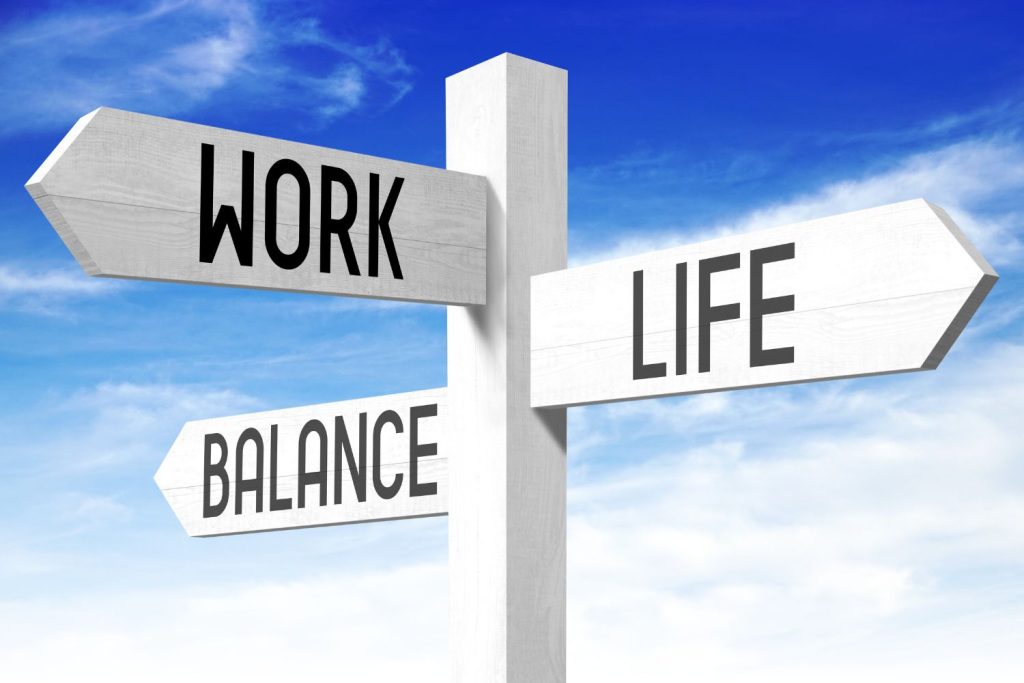In today’s fast-paced world, achieving a healthy work-life balance and maintaining overall well-being is a challenge that professionals across industries face. The consequences of neglecting these essential aspects of life can be detrimental to mental and physical health, as well as job satisfaction. In this article, we’ll delve into recognising the signs of burnout, strategies for achieving balance, and how companies can promote well-being in the workplace.
Recognising the Signs of Burnout
Burnout is a pervasive issue in the modern workplace, and it’s crucial to recognise its symptoms early. Here’s how to spot the signs:
Physical Symptoms
- Chronic fatigue, headaches, and other physical ailments.
- Sleep disturbances and changes in appetite.
Emotional and Mental Health
- Persistent feelings of cynicism and detachment from work.
- Increased irritability, mood swings, and reduced concentration.
Work-Related Changes
- Decreased productivity and a sense of inefficiency.
- A loss of enthusiasm for work tasks and decreased job satisfaction.

Strategies for Achieving Balance
Maintaining work-life balance and well-being requires intentional efforts. Here are some strategies to consider:
Set Boundaries
- Establish clear boundaries between work and personal life.
- Designate specific work hours and avoid checking work-related emails or messages during off-hours.
Time Management
- Prioritise tasks and allocate time effectively to reduce work-related stress.
- Consider using time management techniques such as the Pomodoro technique to enhance productivity.
Self-Care
- Prioritise self-care activities, including exercise, meditation, and hobbies.
- Allocate time for relaxation and disconnect from digital devices periodically.

Promoting Workplace Well-being
Companies have a role to play in promoting well-being among employees. Here’s how organisations can contribute:
Flexible Work Arrangements
- Offer flexible work schedules and remote work options to accommodate employees’ needs.
Mental Health Support
- Provide access to mental health resources, including Employee Assistance Programs (EAPs) and counselling services.
Wellness Programs
- Implement wellness programs that encourage healthy lifestyles, such as fitness challenges and nutrition workshops.
Work-Life Integration
- Encourage a culture of work-life integration, where employees feel supported in balancing their personal and professional lives.
Balancing the demands of work and personal life while prioritising well-being is essential for leading a fulfilling and sustainable life. By recognising the signs of burnout, adopting effective strategies for achieving balance, and promoting workplace well-being, both individuals and organisations can create environments that foster health, happiness, and long-term success. Remember that a balanced life is not just a personal luxury; it’s a fundamental element of a thriving career.






